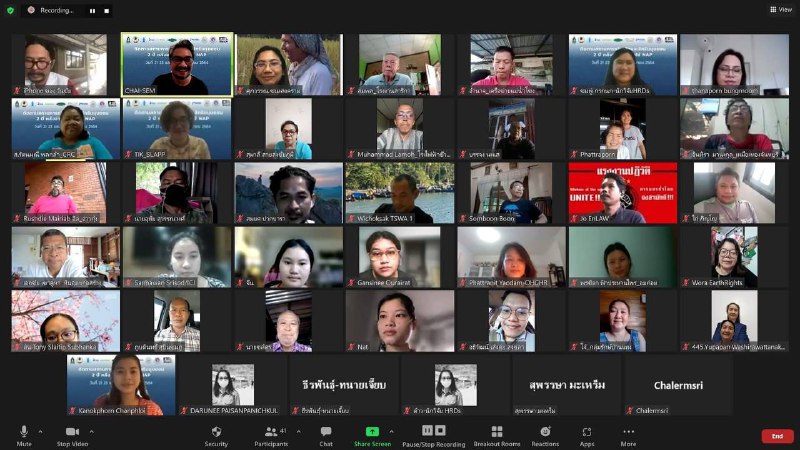
Nov 26, 2021 | Events, News
On 21, 23 and 26 November 2021, the ICJ co-hosted an online discussion on “Thailand’s National Action Plan on Business and Human Rights: 2-Year Progress Review”. The forum was co-organized with other 11 organizations.
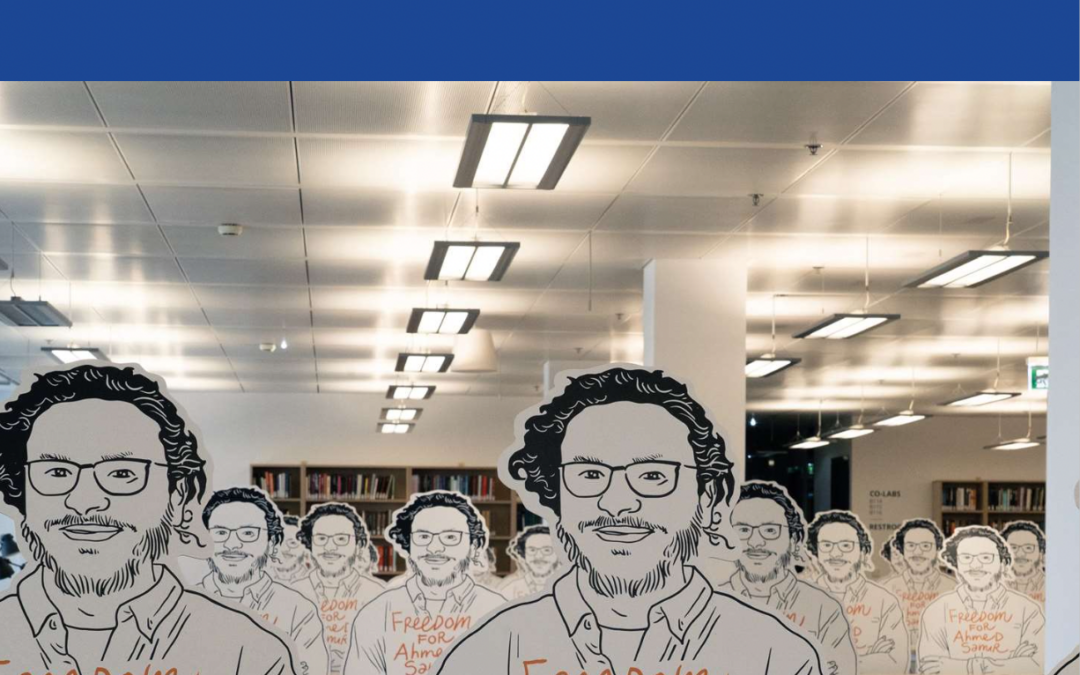
Nov 26, 2021 | News, Publications
The International Commission of Jurists (ICJ) has summarized the conclusions of a new report about the case of Ahmed Samir Santawy issued by the Egyptian Commission on Rights and Freedoms (ECRF) in a briefing paper released today.
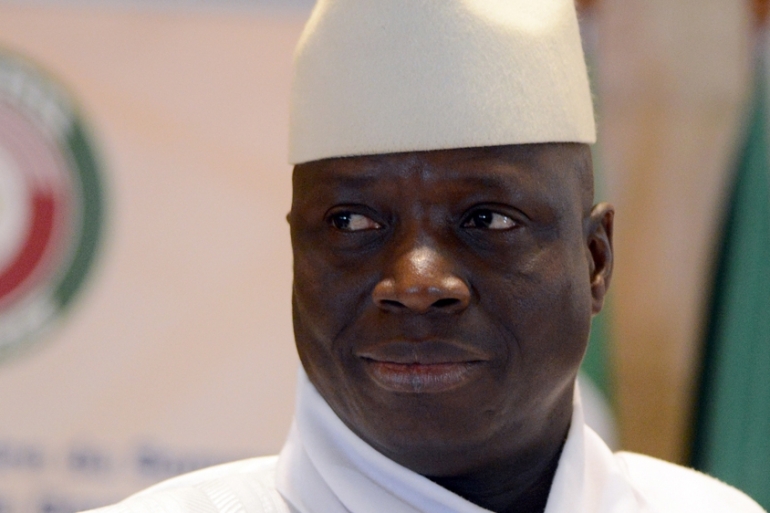
Nov 26, 2021 | News
The Gambian Truth Commission’s call for the prosecution of former officials who committed the worst human rights abuses during the 1994-2017 rule of former president Yahya Jammeh should be followed by a process of criminal accountability, 11 Gambian and international groups said today.
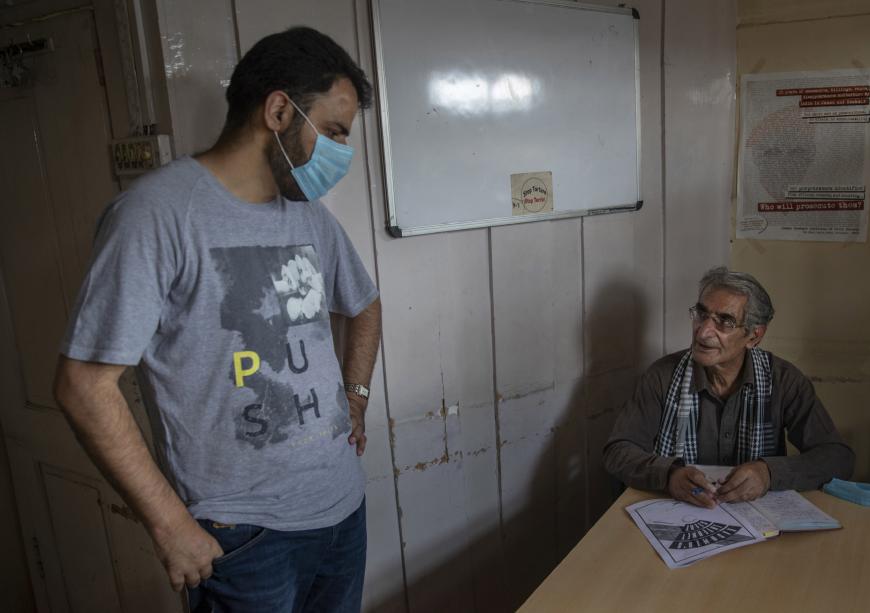
Nov 25, 2021 | News
Indian authorities have detained the prominent Kashmiri human rights activist Khurram Parvez under an abusive counterterrorism law that is increasingly used against activists and critics of the government, six human rights groups said today. The Indian government should immediately end violations of the rights to liberty and a fair trial under the Unlawful Activities Prevention Act (UAPA), and uphold domestic and international human rights law obligations.
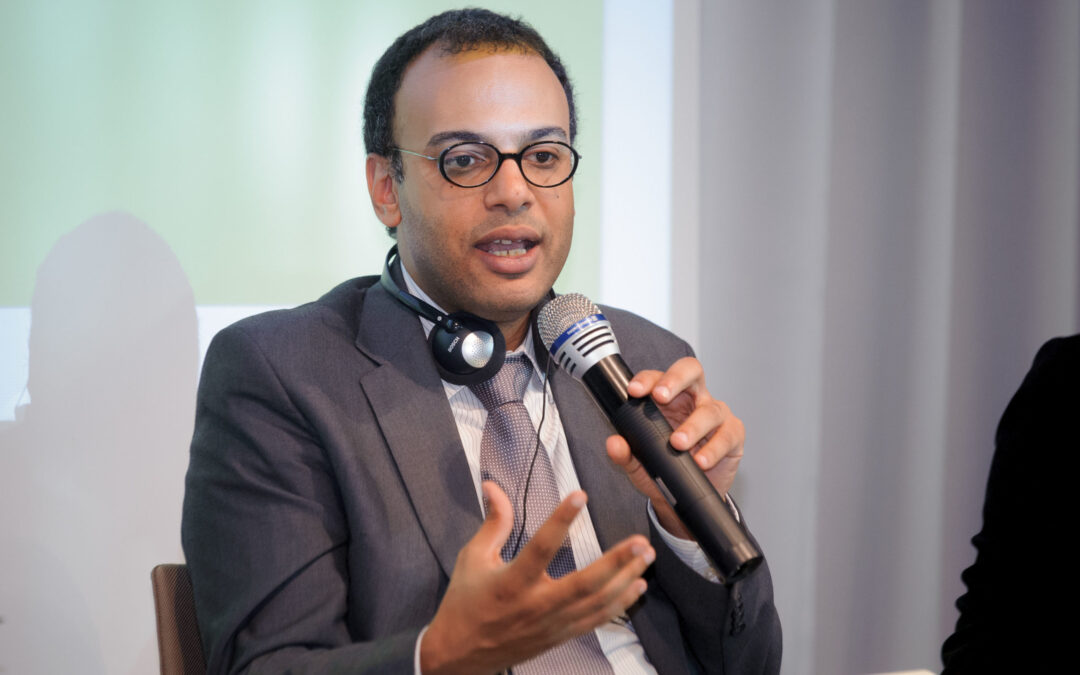
Nov 22, 2021 | News
Egyptian authorities should cease the harassment and persecution of prominent human rights defender and journalist, Hossam Bahgat, who faces abusive charges intended to punish him solely for exercising his right to freedom of expression and his human rights activism, 46 human rights organizations said today.
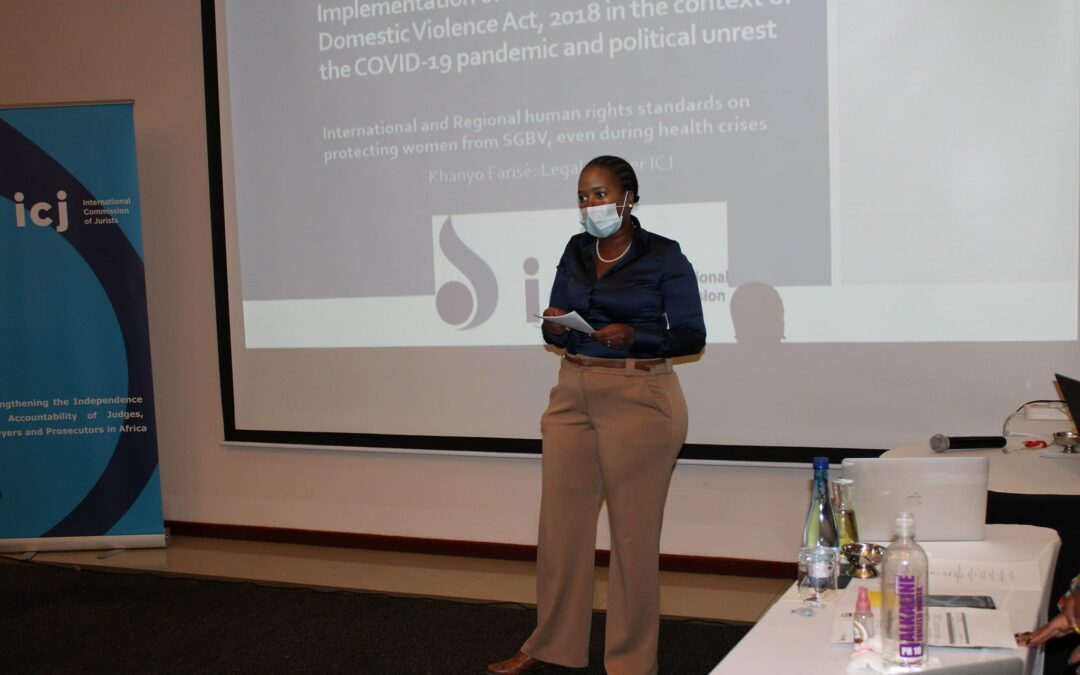
Nov 22, 2021 | News, Non-legal submissions
During a recent visit to Eswatini from 2 to 5 November 2021, the International Commission of Jurists (ICJ) engaged with civil society organizations, lawyers, the Swaziland Human Rights Commission and government officials on the local human rights record. The ICJ subsequently filed a submission to the ACHPR documenting its findings, and supported the drafting of a separate submission by the Foundation for Socio-Economic Justice (FSEJ) in Swaziland. These submissions draw on the ICJ’s human rights work on Eswatini over more than a decade, as well as on the FSEJ’s continued human rights advocacy and monitoring in context of the current pro-democracy protests.










